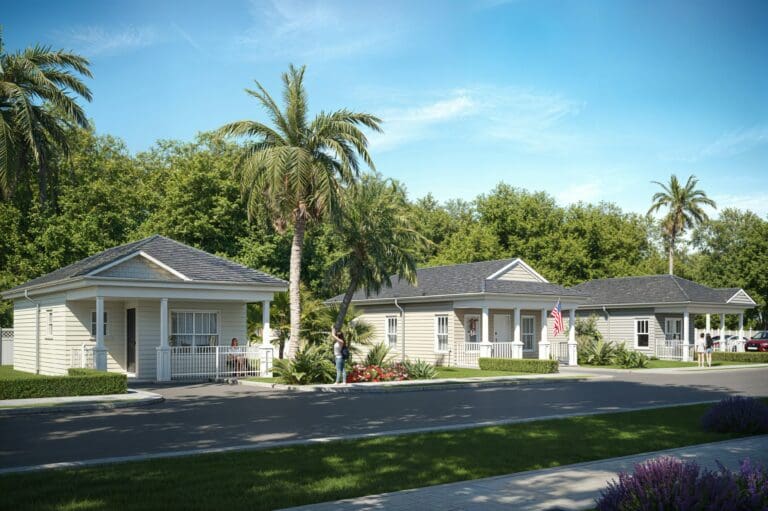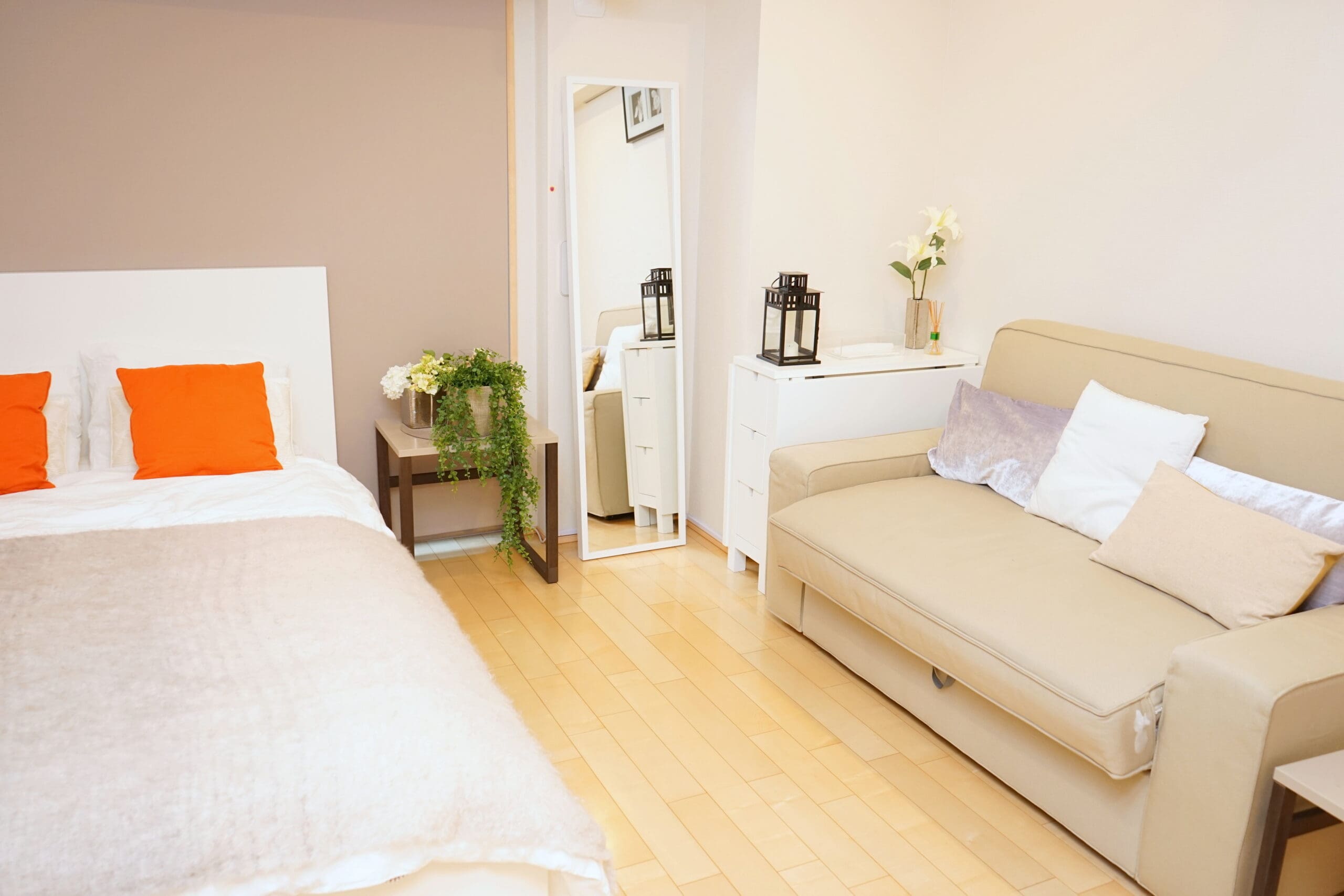The tiny home movement has gained significant traction in recent years, with many homeowners opting to use these compact living spaces as Airbnb rentals. This trend is particularly appealing to travelers seeking unique and eco-friendly accommodations. Tiny homes offer a distinctive experience, often set in picturesque locations, while promoting sustainable living practices. For hosts, these properties can be highly profitable, offering a lower-cost entry into the hospitality industry with the potential for high returns. Upscale Living provides an in-depth look at the rise of tiny homes within the hospitality sector, highlighting their growing popularity.
Attracting Guests to Your Tiny Home
Creating an attractive Airbnb listing is crucial for drawing in guests. High-quality photos and detailed descriptions can make a significant difference. Setting competitive prices and adjusting them seasonally can also help attract more visitors. Positive reviews and guest feedback are essential for boosting your listing’s visibility and securing bookings. Targeting niche markets, such as eco-conscious travelers or those interested in a minimalist lifestyle, can further enhance your property’s appeal.
Optimizing Your Tiny Home for Comfort and Style
Maximizing the limited space in a tiny home is key to ensuring guest comfort. Functional and stylish interior design elements can transform a small space into a cozy retreat. Essential amenities like Wi-Fi, kitchen facilities, and outdoor spaces can greatly enhance the guest experience. Successful tiny home designs often incorporate multi-functional furniture and clever storage solutions, which have been well-received by guests.
Understanding Legal Requirements
Before renting out a tiny home on Airbnb, it’s important to understand the legal considerations involved. Zoning laws and short-term rental regulations vary by location, so researching local regulations in Florida cities like Orlando, Tampa, and Miami is crucial. Obtaining the necessary permits and licenses is essential for operating legally. For more information on local short-term rental laws, Airbnb’s Responsible Hosting page is a valuable resource.
Insurance Considerations for Tiny Home Hosts
Different types of insurance policies are available for Airbnb hosts, including homeowner’s insurance and short-term rental insurance. These policies can help mitigate potential risks involved in hosting. Understanding Airbnb’s Host Guarantee and Host Protection Insurance policies is also important. Selecting an insurance policy that suits the unique needs of tiny home hosts is crucial for safeguarding your property and ensuring peace of mind.
Marketing Your Tiny Home Airbnb
Effective marketing strategies can significantly increase the visibility and bookings of your tiny home Airbnb. Utilizing social media platforms and travel blogs can help reach a wider audience. Highlighting local attractions and events in Florida can attract tourists looking for unique experiences. Creating special promotions or packages can also entice potential guests and set your listing apart from others.
Enhancing Guest Experience
Creating memorable guest experiences is key to receiving positive reviews. Clear communication with guests before, during, and after their stay can help ensure a smooth experience. Adding personal touches, such as welcome baskets or local guidebooks, can enhance the guest experience. Providing prompt and attentive customer service is vital for maintaining high guest satisfaction.
Sustainability Practices for Tiny Home Rentals
Sustainability plays a significant role in attracting eco-conscious travelers to tiny home rentals. Implementing eco-friendly practices, such as solar panels, composting, and water-saving fixtures, can appeal to this market. Promoting these sustainable features in the Airbnb listing can further enhance your property’s appeal. The growing trend of sustainable tourism is having a positive impact on Airbnb rentals, encouraging more hosts to adopt eco-friendly practices.
Cultural and Geographical Appeal of Florida Tiny Homes
Florida’s unique cultural and geographical features enhance the appeal of tiny home Airbnb properties. The state’s beaches, theme parks, and cultural attractions draw tourists from around the world. Cities like Orlando, Tampa, and Miami are prime locations for tiny home rentals, offering a diverse range of attractions and activities. Local events and festivals can also boost occupancy rates, providing additional opportunities for hosts.
Potential Challenges and Solutions
Tiny home Airbnb hosts may face challenges such as limited space and frequent guest turnover. Efficient cleaning schedules and space optimization can help overcome these challenges. Staying informed about changes in local regulations and adapting accordingly is crucial for compliance. Handling guest complaints or issues effectively is important for maintaining a positive reputation.
Future Trends in Tiny Home Airbnb Rentals
The future of tiny home rentals looks promising, with potential trends including increased demand for remote work-friendly spaces. Technological advancements may also impact the tiny home rental experience, offering new opportunities for hosts. Sustainability and eco-friendly practices will likely continue to shape the future of Airbnb rentals. Emerging markets and demographics could further influence the growth of tiny home rentals, providing exciting opportunities for hosts in the coming years.
Partnering with a specialized builder is key for those looking to capitalize on the short-term rental market by building Accessory Dwelling Units (ADUs) specifically for Airbnb usage. One & Only Tiny Homes can provide expert guidance and tailored solutions for designing and constructing ADUs that meet both local regulations and the demands of Airbnb guests. From maximizing space with innovative designs to ensuring compliance with zoning laws, we can help transform your vision into a profitable rental venture. Contact us today to learn more.


